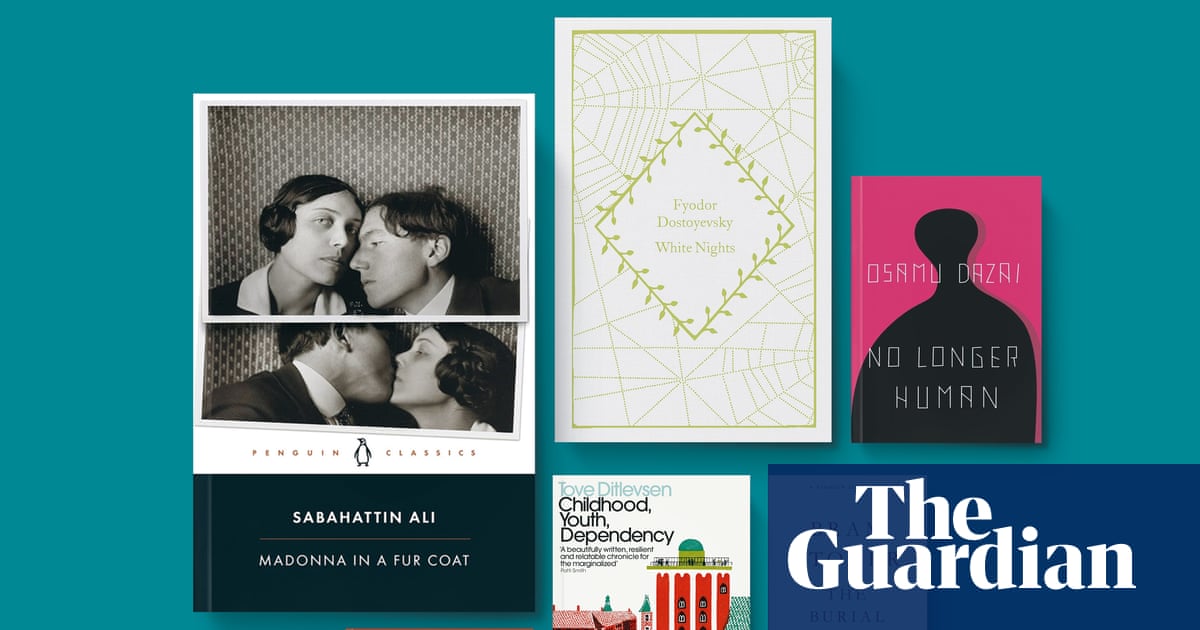
"Penguin's bestselling classic by far was a little-known novella by Fyodor Dostoevsky. White Nights sold more than 100,000 copies in the UK in 2024. It is an angsty story of impossible love, run through with characteristic Dostoevskian gloom. A young man and woman meet on a bridge in St Petersburg on consecutive nights: his love for her is unrequited; she is despairing because the man she really loves has ghosted her."
"This year has seen another surprise hit. Turkish author Sabahattin Ali's 1943 novel Madonna in a Fur Coat, first published by Penguin in 2016, has rocketed this year, selling almost 30,000 copies in the UK and outstripping even Pride and Prejudice. It's another anguished story of frustrated love, this time set in Berlin, where a young Turkish man falls in love with a woman in a painting. What follows is a spiral of fear, guilt and regret."
"The stories, ripe with what Harrison calls existential dread and no spoilers with little prospect of a happy ending, are not obvious bestseller material. So what has happened? One answer is that our reading reflects our times, and we live in turbulent times. Madonna in a Fur Coat is a tale of passion set against the economic turmoil of the 1920s: why would it not appeal to readers living through the economic turmoil of the 2020s?"
Sales patterns for classic novels are normally predictable, dominated by perennial favourites and school-set texts. In 2024 a little-known Dostoevsky novella, White Nights, sold over 100,000 copies in the UK. White Nights portrays unrequited love between a young man and woman who meet on consecutive nights on a St Petersburg bridge, shaded by Dostoevskian gloom. Sabahattin Ali's Madonna in a Fur Coat surged to almost 30,000 UK sales, overtaking Pride and Prejudice; its Berlin-set plot follows a Turkish man's obsession with a woman in a painting, leading to fear, guilt and regret. Both works convey existential dread and were written in times of change.
Read at www.theguardian.com
Unable to calculate read time
Collection
[
|
...
]